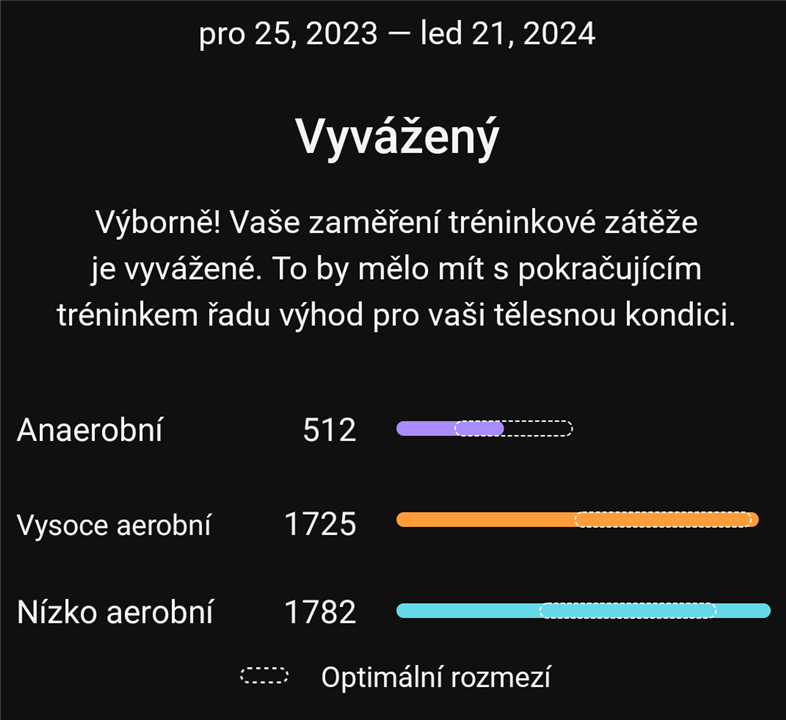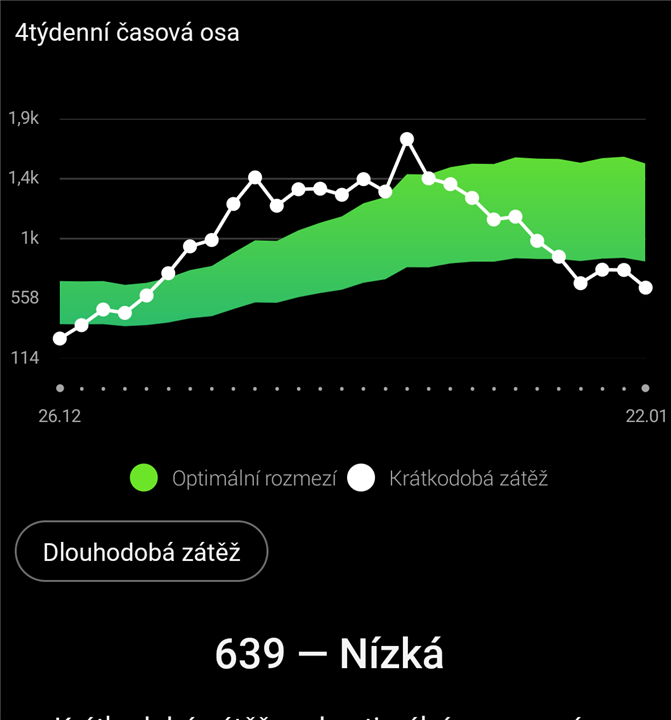In ten weeks my VO2MAX has dropped from 58 to 54 and continues to drop.
Over the winter I reduced the intensity of my workouts, but the volume stayed the same.
I would have expected a slight drop in VO2MAX, but not such a steep drop. I was sick during this period and didn't train for about 1 week.
I'm still wondering, I had a problem with HRV during this period (hence the poor training status). About that in this thread:
forums.garmin.com/.../hrv-low-state-for-a-long-time
On the other hand, the HRV problem has passed and HRV is in the green, but VO2MAX is still flying down.
Anyone have a similar experience? Because I believe I am training enough to maintain VO2MAX.





